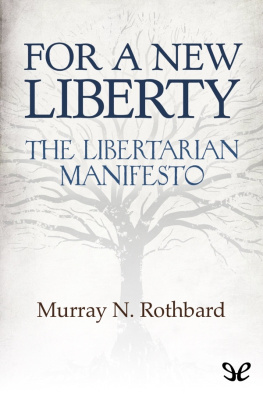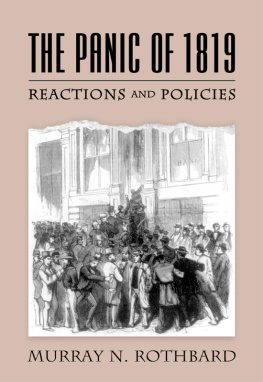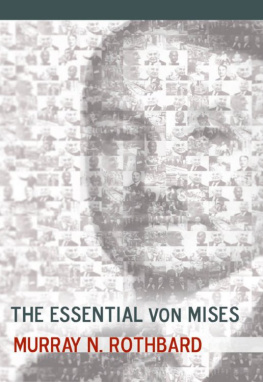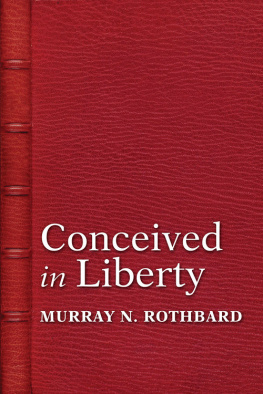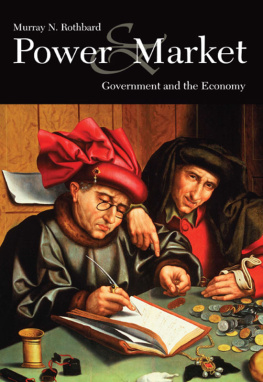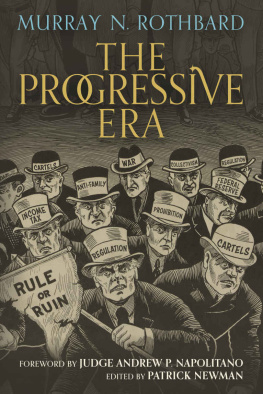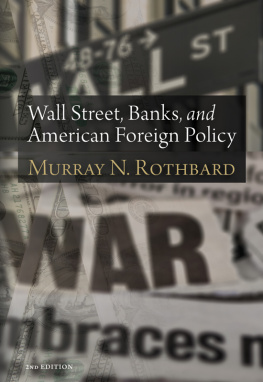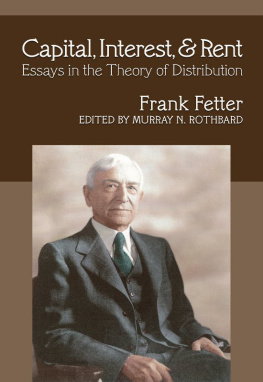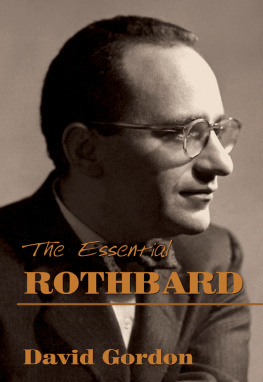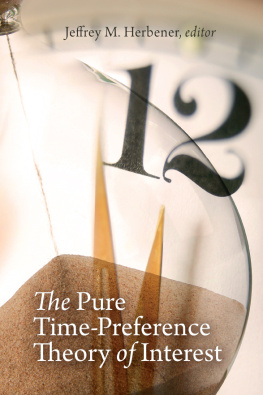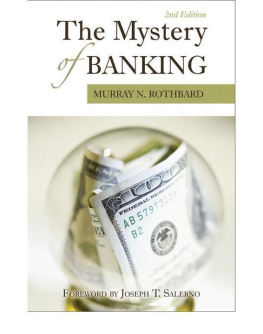ECONOMIC
Controversies
The Ludwig von Mises Institute dedicates this volume to all of its generous donors and wishes to thank these Patrons, in particular:
________________
Joseph Edward Paul Melville
top dog
Stefano Quadrio Curzio
________________
Andreas Acavalos | Patrick T. Mahon, Jr. |
Henry Ahler | Naju G. Mancheril |
Wesley and Terri Alexander | Peter and Deborah Martin |
Donald E. Bently | William W. Massey, Jr. |
Steven R. Berger | Samuel Medrano, M.D. |
Dr. Karl Blasius | in honor of Rodolfo and Noemi Medrano |
John H. Bolstad | Michael L. Merritt |
Herbert Borbe | Brian E. Millsap |
Roman J. Bowser | Wiley L. Mossy |
John Edward Burgess | Paul F. Peppard |
Carl S. Creager | Nicholas Pusateri |
Jeremy S. Davis | Edward W. Rehak |
Satyabodhi Densmore | Sheldon Rose |
Dr. Edward E. Donaldson | Karen C. Ross, Ph.D. |
Dr. Larry J. Eshelman | in memory of Philip F. Bagwell, Ph.D. |
Lee A. Everhart | Thomas S. Ross |
Ernest A. Fata | JesusOnTaxes.com |
In memory of John David Fernandez | James A. Sadowsky |
Steven Frazer | Mr. and Mrs. Joseph P. Schirrick |
Mr. and Mrs. Joel Gompert | Norman K. Singleton |
David W. Groff | Carlton M. Smith |
James E. Hall | Geb Sommer |
Mark L. Hart III | Mr. and Mrs. Dennis A. Sperduto |
Dr. Frederic Herman | Reginald Thatcher and Nancy Dale |
Jonathon B. Hurley | Thatcher 1981 Trust |
Mr. and Mrs. Robert S. James | David W. Tice |
Richard J. Kossmann, M.D. | Quinten and Marian Ward |
Daniel Krawisz | William P. Weidner |
Bailey B. Liipfert, Jr. | Dr. Thomas L. Wenck |
Arthur L. Loeb | Mr. and Mrs. Walter F. Woodul III |
ECONOMIC
Controversies
MURRAY N. ROTHBARD

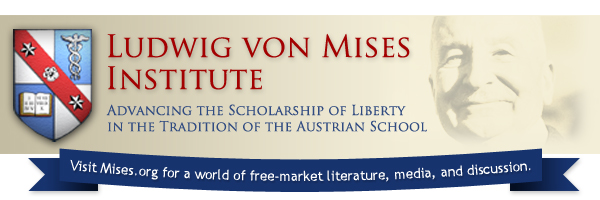
Copyright 2011 Ludwig von Mises Institute and published under the Creative Commons Attribution License 3.0. http://creativecommons.org/licenses/by/3.0/
Published by Ludwig von Mises Institute
518 West Magnolia Avenue
Auburn, Alabama 36832
Mises.org
ISBN: 978-1-933550-96-1
Contents
Introduction
I t was nearly forty years ago that Murray Rothbard changed my life. I was then a PhD candidate in economics at the New School for Social Research in downtown Manhattan, while also teaching Principles courses at a local university. And I was rapidly losing interest in the whole subject.
Bored by the prattling of the left-wing crowd who dominated the New School, I could find nothing very satisfying in mainstream economics either. The New Schools left-wingers certainly cared about achieving a free society. But their radical agenda mainly consisted of the instrumentalist ideas of the econ departments emeritus professor Adolph Lowe, which boiled down to coercing people into following the dictates of elitists like him.
My only real objection to conventional economics was that it also bored me. If a theory like perfect competition was remote from reality, it seemed like a judgment on the imperfections of capitalism. After all, to the degree that capitalism was not perfectly competitive, it fell prey to the evils of imperfect competition, which might require intervention from antitrust. As a typically zonked-out product of conventional schooling, I vaguely believed, that to the degree that any textbook theory failed to explain reality, so much the worse for reality. (Not long ago I spoke with an econ grad student who, when pressed, believed this quite explicitly.)
Always a compulsive book-browser, I had more than once leafed through a two-volume work titled Man, Economy, and State in the New School library, whose author, Murray Rothbard, I had barely heard of. After the third or fourth look, I finally began reading the bookand experienced one eureka moment after another. Two especially memorable moments reflected the leftist tradition in which I was then mired.
First, I learned that, if leftists thought capital deserved no share of the economic bounty, they were in a sense more right than they knew. Rothbard explained that, in a free market, there were no financial returns to owners of capital goods as such. Since capital goods consisted of such items as factories, machinery, offices, and desks, these goods were entirely the product of labor and land (or resources). So the monetary value of newly created capital goods is entirely attributable to the purchase of land and labor, with nothing remaining for capital goods owners.
How, then, did capital goods owners make any money at all? The money they received came in two forms: interest payments for advancing resources in the present and profits for their entrepreneurial foresightunless, of course, they were unsuccessful entrepreneurs and suffered losses.
Second was Rothbards devastating refutation of the theory of imperfect or monopolistic competitiondear to leftists hearts, since it highlighted the irrationality of capitalism. A cornerstone of this theory is that a monopolistic competitor like Marioni Brothers Barbershop (monopolistic because there is only one set of Marioni Brothers; competitive, since there are many barbershops), always operate with excess capacity.
Economist Paul Samuelson had in fact targeted barber shops in his best-selling Principles text, observing that The barbershop has excess capacity, with empty chairs much of the time, as he inveighed against the wasteful social losses resulting.
Even before I read Rothbard, it occurred to me that, in this case at least, Professor Samuelson may have been missing something. Given his flexible work schedule, he may have had a habit of going for his haircut on a weekday, which would explain why he kept noticing empty chairs. Had he gone instead on Saturdays, he might have noticed that all the barber chairs were full, and that business was actually backed up. It then might have occurred to him that our hypothetical Marioni Brothers were not so dumb as to waste their money on excess capacity.
The problem they actually faced as businessmen was the classic tradeoff between peaks and troughs in demand. Had they not had empty chairs during the week, they wouldnt have been able to take advantage of the glut in demand on weekends.
Such were my tentative doubts. What Rothbard exposed was the preposterousness of the whole formulation. For why assume that all such monopolistic competitors necessarily invest in excess capacity? To plan a plant for producing x units, he quotes economist Roy Harrod observing, while knowing that it will only be possible to maintain an output of x y units, is surely to suffer from schizophrenia. It made no more sense to believe that all such businessmen would waste funds on excess as it was to believe that they would all consistently underinvest and plan on inadequate capacity.
Next page

